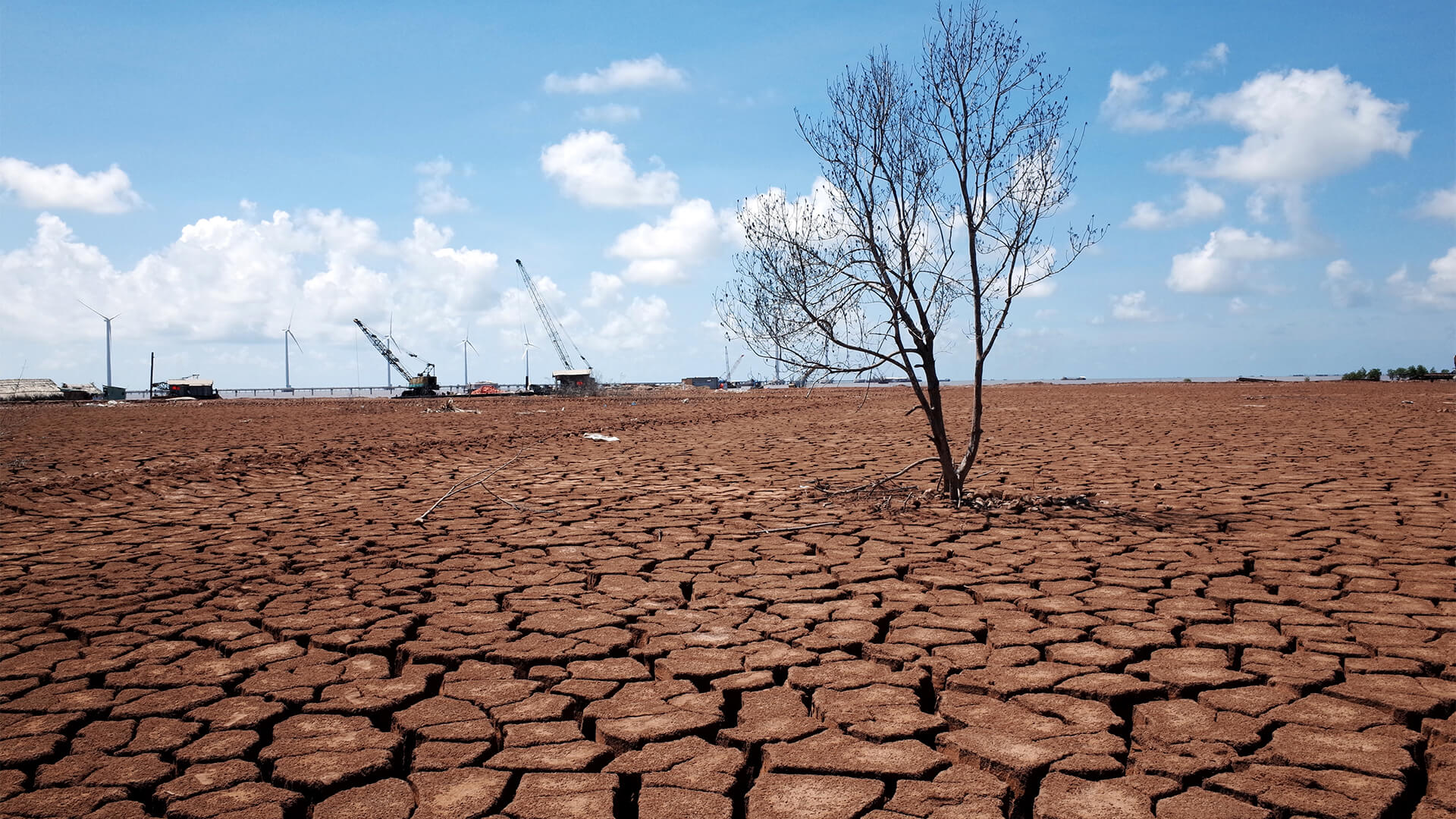Societal Transformation Against the Climate Crisis: Education, Innovation and Awareness
29 Eylül 2025Today, the climate crisis has gone beyond being merely an environmental issue. With its economic, social and cultural dimensions, it is reshaping our lifestyles, values and global relations. Every passing day brings more scientific evidence showing the stress at the limits of our planet: rising global temperatures, melting glaciers, rising sea levels, more frequent natural disasters and loss of biodiversity. To prevent these impacts, what is needed isn’t only environmental policies but societal transformation, innovative approaches, and widespread awareness.
In this article we will explore three fundamental components: education, innovation, and awareness—key concepts that make sustainable societal transformation possible in the face of the climate crisis. Each is powerful in its own right, and together they yield much more effective results.
Education: Cultivating Conscious Generations in the Light of Science
Climate Knowledge in the Education System
Education is accepted as the foundation for consciousness and change. To grasp a global issue like the climate crisis, the first step is offering systematic information in schools and universities. Curriculums should incorporate subjects such as climate science, environmental protection, energy efficiency, and the economic & environmental impacts of renewable resources.
Practical and Local Projects
Theoretical instruction is certainly important, but societal transformation is reinforced by practical education. Schools and local communities can establish environmental clubs, gardens, solar panel projects, water-saving initiatives to foster climate-friendly habits.
Adult Education and Community Participation
Education should not be limited to the youth. Adults, local governments, businesses, civil society organizations and media actors should also have continuous training programs. These trainings should include practical knowledge such as energy saving, calculating carbon footprint, sustainable farming, recycling, and renewable energy.
Innovation: Technology and Creativity in the Fight Against Climate
Renewable Energy and Efficiency Technologies
Energy production and consumption are critical areas in fighting climate change. Transitioning from fossil fuels to renewables; expanding use of solar, wind, biomass, and geothermal; and developing energy efficiency technologies at both industrial and household levels are essential.
Agriculture, Food Systems and the Circular Economy
Agricultural practices, fertilizer, water, land usage and pesticides – both harm and offer solutions in the climate crisis. Sustainable agriculture, vertical farming, agroecology, increasing soil carbon and organic farming methods are parts of where innovation plays a role.
Smart Cities and Transportation
Urbanization exerts double pressure on the climate crisis: not only do cities contribute a large portion of greenhouse gas emissions, but city planning, infrastructure, and transportation systems may be vulnerable to climate change. Hence smart city technologies, sustainable transportation (electric vehicles, public transport, bicycle lanes), green infrastructure, stormwater management, green urban spaces are areas where innovation has a central role.
Financing Models and Policies
Innovation is not limited to technological renewals; it also encompasses innovations in finance and policy. Carbon pricing, green bonds, carbon taxes, climate-friendly incentives, government supports—all these policies help to direct both the private sector investments and public resources.
Awareness: Creating Global and Local Consciousness
Media, Art and Communication
Media and art are extremely powerful tools in creating awareness. Documentaries, films, social media campaigns, photography exhibitions and performance art make the effects of the climate crisis visible. They also motivate people by sharing hope-filled stories.
Media organizations producing content based on scientific, reliable sources; preventing misinformation is critical. Scientists' voices should collaborate with the public; complex information should be simplified and made accessible.
Empowering Local Communities
Each region faces different climate risks: drought, floods, heat anomalies, forest fires. It is important that local communities understand their problems in their own context and develop their own solutions. Local leaders, villages, neighborhoods and civil society organizations can play a pioneering role in protecting ecosystem services, using natural resources sustainably and combining cultural knowledge with environmental awareness.
Global Cooperation and Intercultural Dialogue
The climate crisis knows no borders. From small island states to industrialized nations, from agrarian societies to urban centers, the whole world is affected. Thus global awareness and cooperation are essential for a complete transformation.
International agreements, emissions targets, limits on greenhouse gases and climate finance are important in terms of solidarity among countries; scientific knowledge exchange and technology transfer matter. Intercultural dialogue allows different peoples to share diverse experiences; principles of climate justice must be respected.
Individual Actions and Changing Habits
Societal transformation is nourished not only by large deeds but also by small habits. Individuals with high awareness reduce energy use; avoid wasting water; separate waste; choose nature-friendly options in transportation; reconsider consumption habits.
Choosing environmentally friendly products in shopping, reducing single-use plastics, supporting companies that favor renewable energy, aiming to reduce one’s carbon footprint… These are individual actions, but collectively they make a big difference.
The Process of Societal Transformation: Steps and Challenges
Political Will and Legal Regulations
One of the biggest obstacles to societal transformation is political uncertainty and short-term interest-focused regulations. Competent legislators must develop long-term strategies based on scientific data; enact laws that encourage renewable energy investments and limit carbon emissions.
Economic and Social Inequality
The climate crisis affects the most disadvantaged groups the worst. Poor regions, neighborhoods with weak infrastructure, developing countries… Therefore, transformation policies should be designed within the framework of climate justice; leaving no one behind.
Cultural Resistance and Attitude Against Change
Human communities find it difficult to abandon their habits. Attitudes like “it was like this before, what difference does it make” hinder change. Communication strategies should be built on emotional ties and meaning; stories and models within the community that can be embraced matter.
Access to Technology and Financing
Besides the funding sources needed for innovation, access to technological solutions is also critical. Especially in rural areas or less developed regions, there may be deficiencies in infrastructure, capital, education. Public-private partnerships, international aid organizations, development funds and local venture capital sources can build bridges in this area.
Conclusion
The climate crisis is one of the greatest tests facing humanity, and must be addressed not only environmentally but also socially, economically and ethically. Societal transformation becomes possible when individuals, communities, institutions and governments act together. The fundamental components of this transformation are education, innovation, and awareness.
- Education provides the information and skills to prepare both future generations and the living for change.
- Innovation produces concrete solutions to the climate crisis through technological and systemic renewal.
- Awareness feeds individual and societal action through changes in values and attitudes.
At Biotrend, we believe supporting these three components is critical in the fight against climate. With everybody’s contribution; sustainable energy, climate justice, and economic systems sensitive to local lifestyles can become a reality.





